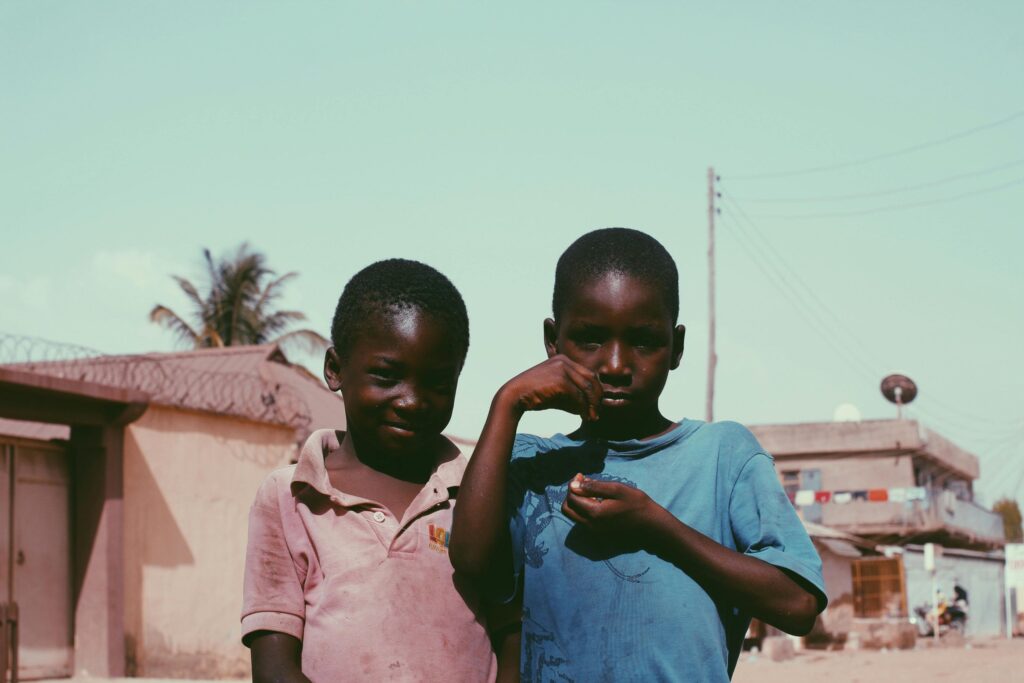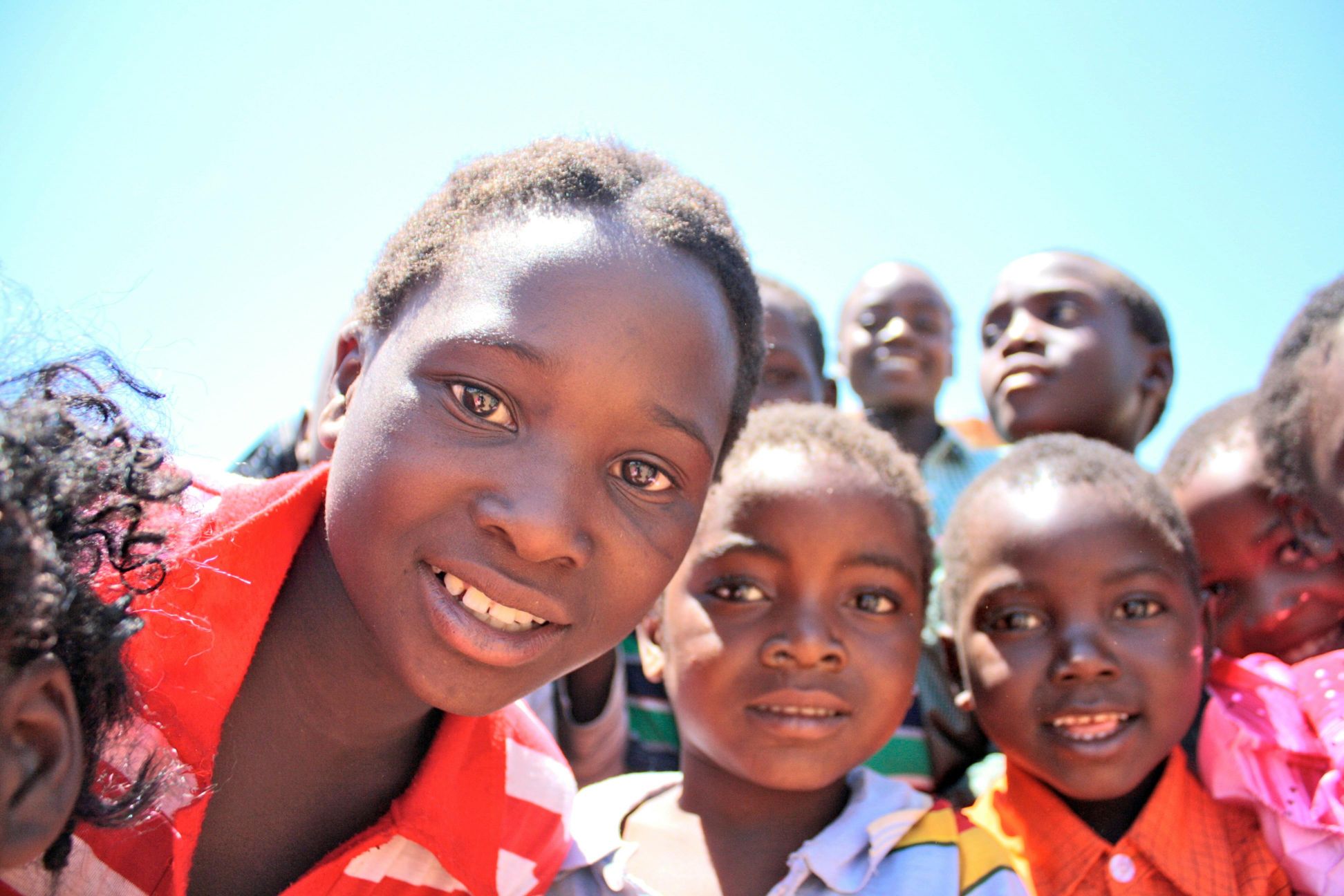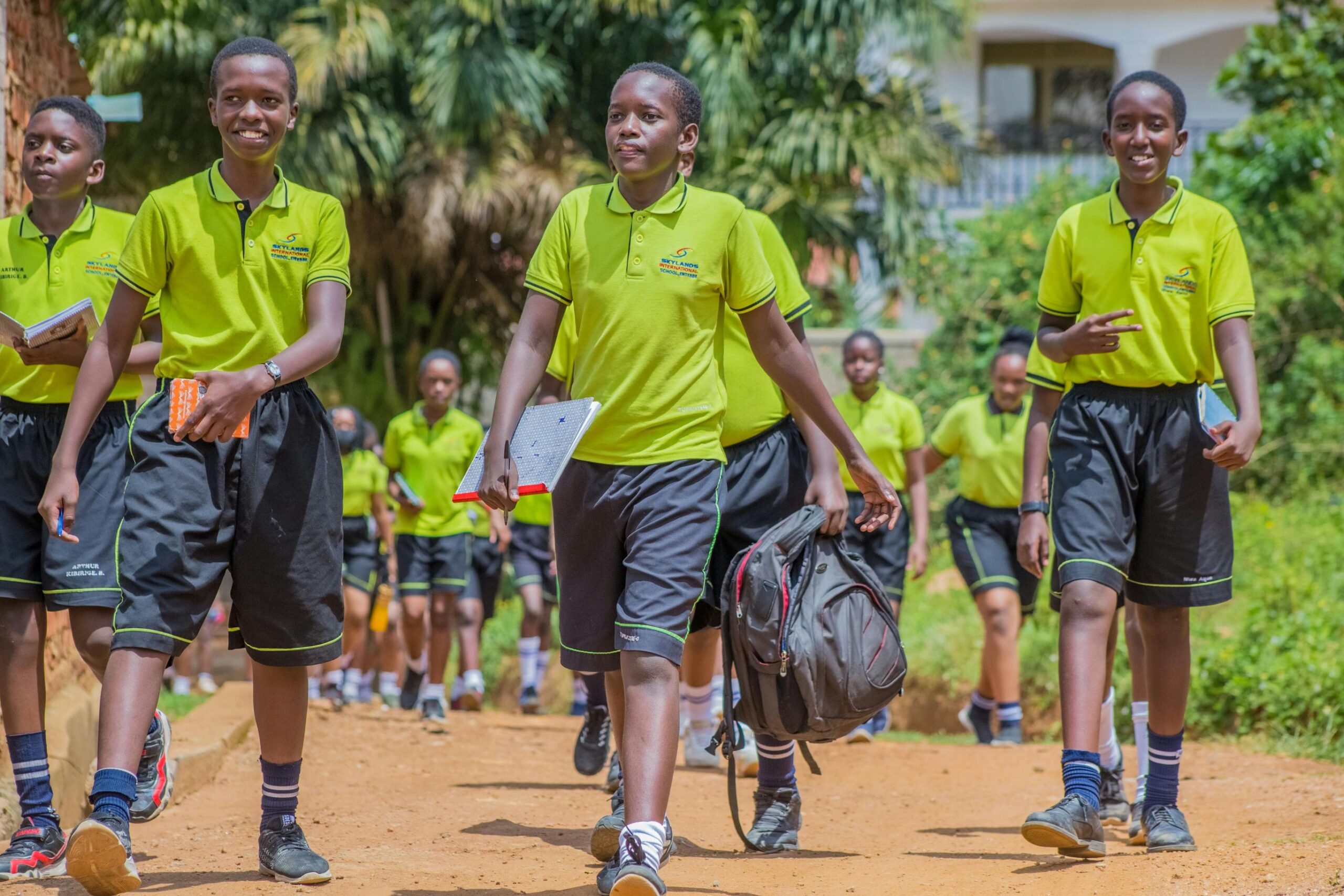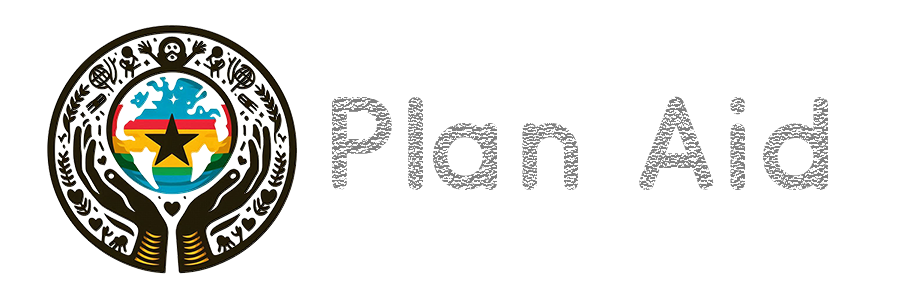The people Plan Aid work with are facing multiple intersecting crises.
They are at the forefront of the climate emergency experiencing extreme weather events such as drought, floods. Women are experiencing an increased burden of care both due to the climate crisis the situation for young people entering the job market is dire and many leave rural areas due to a lack of livelihoods and increased food insecurity. Plan Aid focuses on ensuring food, job and income security for marginalised women, young people and people with disabilities. Our aim is for marginalised and vulnerable women and young people to enjoy decent livelihoods and a dignified life. To ensure this Plan Aid works to strengthen the agency and voice of marginalised women, small-scale food producers and young people and their networks to transform food and labour markets, pushing for increased public investment in agroecology and green economy.


Around the world, the impact of extreme poverty on children’s development Child poverty has long-term implications for their overall well-being.
These include poor psychosocial and physical health, malnutrition, lack of education, social exclusion, and limited future employment opportunities. Children may be exposed to more violence, such as child labour and child marriage, as families and caregivers face economic difficulties. This is due to increased stress and pressure to make ends meet. Predictions suggest that climate and disaster risk will push an estimated 325 million poor people into extreme poverty over the next decade. Children in the poorest and most fragile contexts face the greatest risk. Children whose basic needs are being met can look to the future with hope. Our goal is clear: break the cycle of poverty. We must focus on the most vulnerable - those that need help the most. We can do this by strengthening families' ability to care for their children.






